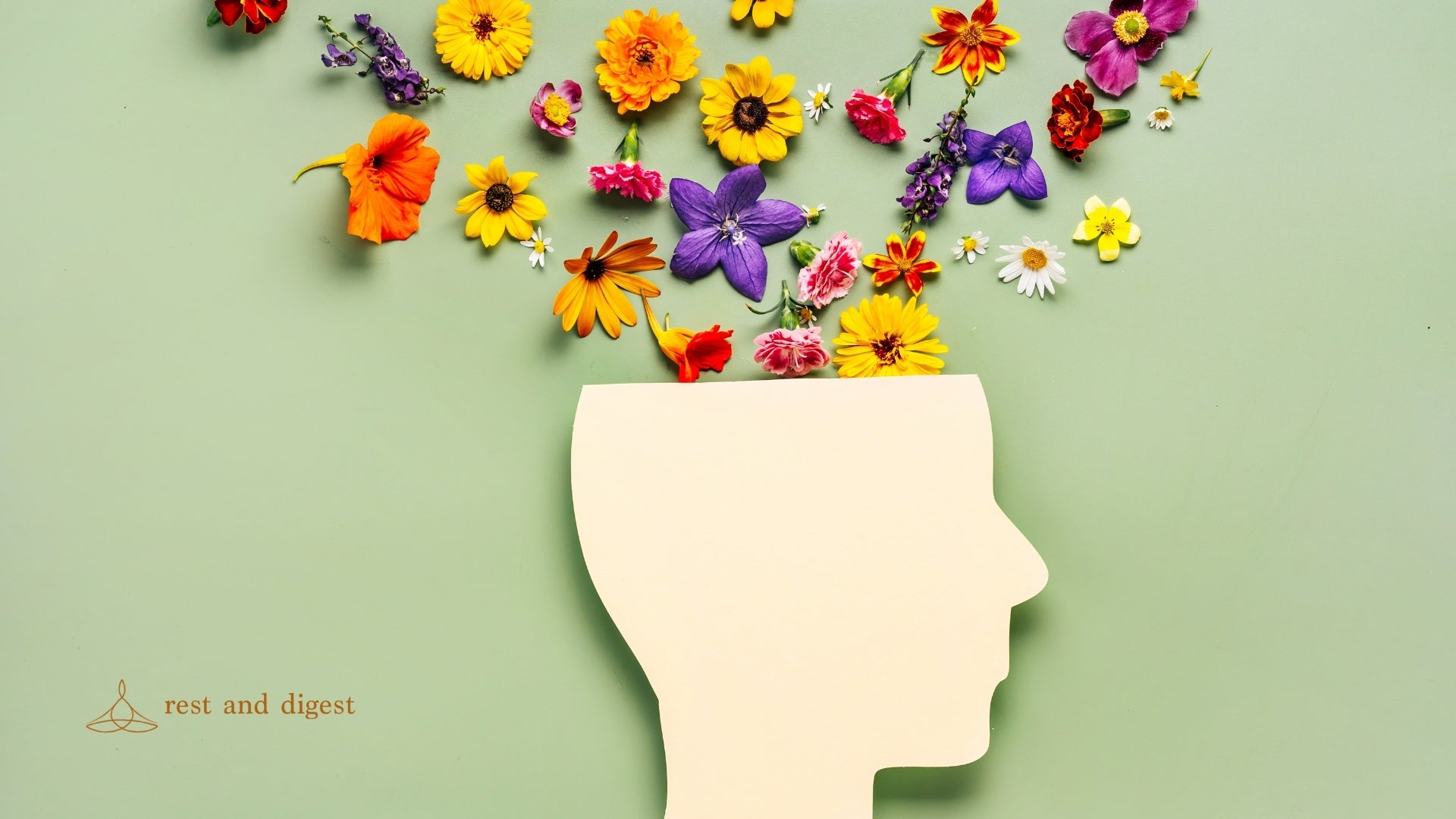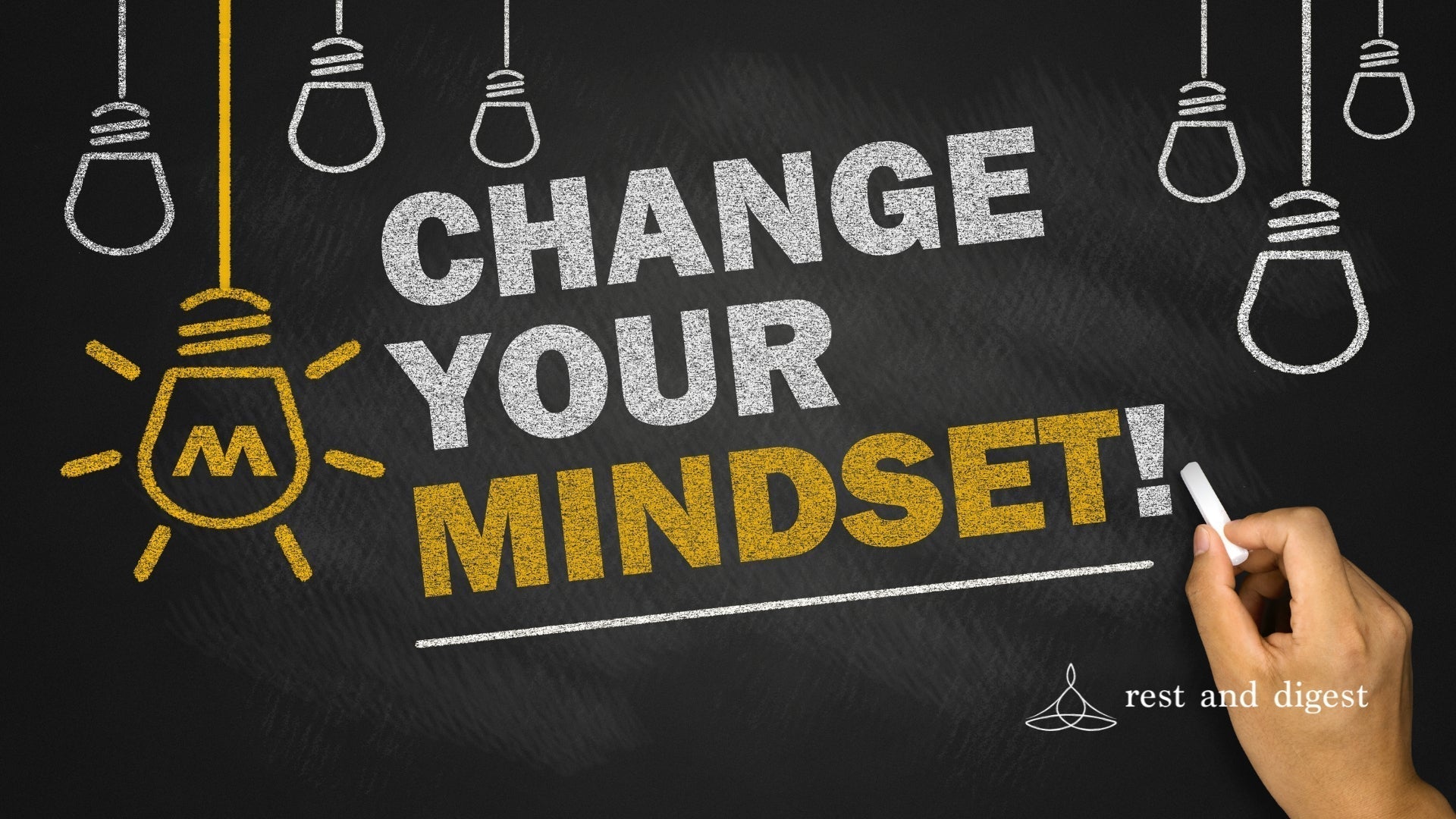
How To Improve Mental Health
Are you feeling down and looking for ways on how to improve mental health? Well, given how quickly things are changing in the world, it’s important to safeguard our mental health in order to remain resilient and balanced under pressure. These could be anything from the growth of self-awareness to support networks that each of us can employ to improve our emotional well-being and live more fulfilling lives.
In this article, we’ll discuss how to improve mental health using simple everyday habits, changing the environment, and developing good coping strategies.
The Fundamentals of Improving Mental Health
Making Personal Well-Being a Priority
Self-care is where it all begins when learning how to improve mental health. Staying sleep-deprived and eating junk food can worsen a lot of mental conditions, whereas eating nutritious foods and getting enough natural sleep and rest so you can wake up feeling refreshed will help enhance your mental well-being. Regular exercise and physical activities help to decrease symptoms linked to stress and anxiety while also improving mood.
Establishing Supportive Relationships
As social beings, human interaction plays an important role when it comes to our mental health. This is because we can get emotional support and validation through developing feelings of belonging. By having close relationships with family, friends, and even neighbors, we can share stories together, seek advice, or even receive some moral support during tough times.
Take advice from those who have had a similar experience, and apply their tips to your everyday routine to ensure a smoother experience.
Coping With Stress and Anxiety
We’ve all experienced stress at some point in our lives. In order to deal better with difficulties and become less reactional, we need to live in the present moment and accept our thoughts in a non-judgemental manner. Mindfulness practices like meditation and yoga can come in handy when you are dealing with stress and helping you feel better. Besides, it is important to cultivate good time management skills so that we can prioritize work, and create boundaries to prevent overcommitting.
See some of our relaxing herbal teas here
Get some ideas for some self care gifts here
Creating a Healthy Environment
Decluttering the Surroundings
It is well-known that physical and digital clutter can lead to stress and become overwhelming. Therefore, it is important to clean out our surroundings regularly. But maintaining a neat living or working environment is not easy. But, by organizing your personal belongings, and creating separate spaces for work, leisure, and rest, you can maintain discipline in the room. It is also important to set limits on technology usage so that you can build a healthy relationship with screens thereby minimizing cognitive overload. One example is to do away with devices to wake you up in the morning and instead use an analog alarm clock from Rest & Digest to wake up.
Establishing Boundaries
The significance of establishing boundaries cannot be overstated when mastering how to improve mental health as without them we might get overwhelmed with responsibilities. This includes everything from setting boundaries for the commitments we make both at home and at work and learning when to say no to things that take up our time and energy, to emphasizing self-care activities.
Incorporating Nature and Green Spaces
Research shows that being close to nature helps provide stress relief and improve our mood. After a demanding workday, we can uplift our spirit by engaging in activities like strolling in the park, heading to the beach or a lake or simply relaxing out in the sun. What’s more? You can even add plants and decor with a natural theme to make your house feel more livelier and calmer.
Cultivating Positive Habits
Practicing Gratitude and Positive Thinking
Positive thinking can greatly impact mental health and well-being. By maintaining a gratitude journal, you will be able to see more of the bright side of life, thereby improving contentment. Similarly, reframing negative thoughts by using cognitive techniques will help you reframe failures and challenges as opportunities for growth thereby fostering your adaptability to stressful situations. You can try the wide range of health and wellness products from Rest and Digest to help get you on the path to improved wellbeing.
Engaging in Activities That Bring Joy

Finding happiness in the little things in life is important for maintaining mental wellness. Hobbies, games, and other creative outlets offer a chance for self-expression relaxation, and fulfillment. Whether it is painting, crafting, gardening, performing music, or dancing, taking part in fun activities will help nourish your soul and bring happiness to your life. Also, make sure to add humor and laughter into your daily life as they can assist in de-stressing and establishing new perspectives, all of which can aid in the development of emotional resilience.
Setting Realistic Targets
Setting objectives is important to guide us through our plans, making our lives meaningful. However, we must fix targets that are achievable, otherwise, we might end up frustrated leading to self-doubt. Also, breaking them into chunks of smaller goals and celebrating the smaller victories along the way help to build our confidence and keep things moving. Acknowledging smaller strides forward, no matter how unimportant they may seem helps reinforce good behaviors leading to success and self-efficacy.
Coping with Challenges
Developing a Resilient Attitude
Being resilient or having a tough mind means we can bounce back fast after going through tough life situations. To build resiliency, we need to find ways to cope and change how we think so we can handle life’s ups and downs easier. Resilient people learn from their slip-ups, deal with changes when times get hard, and keep a strong mindset that helps them keep going.
Using Relaxation Techniques
There are relaxation techniques that provide effective tools for calming down and lowering physiological arousal especially when one is going through high-stress periods. Deep breathing exercises, progressive muscle relaxation, and guided imagery are some simple but powerful practices that trigger the body's relaxation response, alleviating tension in muscles and leading to a sense of peace and tranquility. By integrating these techniques into your daily routine, you will be able to manage stress levels thus promoting general well-being.
Seeking Professional Help
Open communication about our failures and the issues we encountered, while we were upset, can help lessen our stress and anxiety. Getting professional counseling on how to improve mental health offers a supportive environment for exploring feelings, learning about thoughts, and creating coping mechanisms that support effective stress management.
Use Apps

One of my favourite apps is Insight Timer. I particularly love this because you can search for your pain point and it will come up with some helpful solutions. For example, if you are finding it difficult to get back to sleep - type "Get back to sleep" in the search bar and you will be presented with a myriad of guided meditation options of different lengths. It really is one of the most underrated apps I have ever encountered.
Summing Up
Improving mental health is an ongoing process that requires your attention, intention, and effort. By integrating the tips discussed in this article on how to improve mental health into our daily lives, we shall be able to support our psychological well-being so as to promote resilience, happiness, and satisfaction with life. Remember that small changes go a long way when trying to improve mental well-being. To start, simply take care of yourself right now by engaging in self-care practices that nourish your body, mind, and spirit.
If you or a loved one needs mental health support contact Beyond Blue for professional help and guidance.





